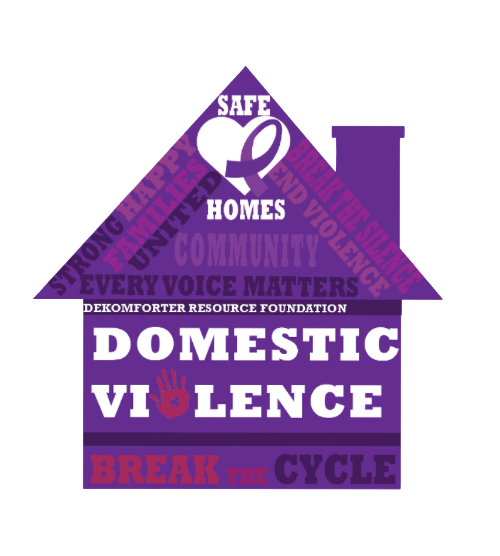Credit counseling and debt settlement are two distinct approaches to managing debt, each with its own methodologies and implications. Understanding the differences between the two can help you make informed decisions based on your financial situation.
Credit Counseling
Credit counseling focuses on providing guidance and education to individuals seeking to improve their financial health. Here are some key aspects:
Personalized Guidance: Certified credit counselors assess your financial situation, helping you create tailored budgets and effective debt repayment strategies. They take a holistic approach to your finances, addressing not only debt but also overall financial health.
Debt Management Plans: Counselors may assist in developing a debt management plan (DMP), which consolidates your debts into a single monthly payment. They often negotiate with creditors to lower interest rates or waive fees, making it easier for clients to manage their payments.
Educational Resources: A significant component of credit counseling is education. Counselors provide valuable information on budgeting, credit management, and avoiding future debt pitfalls, empowering clients with the knowledge needed to make informed financial decisions.
Debt Settlement
Debt settlement, on the other hand, involves negotiating directly with creditors to reduce the total amount of debt owed. Here are some critical points to consider:
Negotiation Process: Debt settlement companies negotiate with creditors on your behalf, seeking to lower the total amount owed, often resulting in a lump-sum payment that is less than your original debt. This can provide immediate financial relief for those facing severe financial hardship.
Potential Impact on Credit Scores: While debt settlement can help you eliminate a portion of your debt, it may have significant negative consequences for your credit score. Settling accounts for less than the full amount can be reported to credit bureaus, impacting your creditworthiness for several years.
Fees and Risks: Debt settlement companies typically charge fees for their services, and there’s no guarantee that they will achieve a successful settlement. Additionally, if you stop making payments to your creditors in order to save for a lump-sum settlement, this can lead to further penalties and increased debt.
Choosing the Right Option
When deciding between credit counseling and debt settlement, it’s essential to consider your financial goals, the severity of your debt, and the long-term implications of each approach.
Credit Counseling may be more suitable if you are looking for a structured plan to manage debt while maintaining a healthier credit profile. It provides the tools and knowledge to build a sustainable financial future.
Debt Settlement might be appropriate for those in significant financial distress who are unable to keep up with their payments and need immediate relief. However, be aware of the potential long-term impact on your credit.
Ultimately, assessing your financial situation and goals will guide you in selecting the best option for your needs. Consulting with a certified financial advisor or credit counselor can also provide valuable insights tailored to your circumstances.





